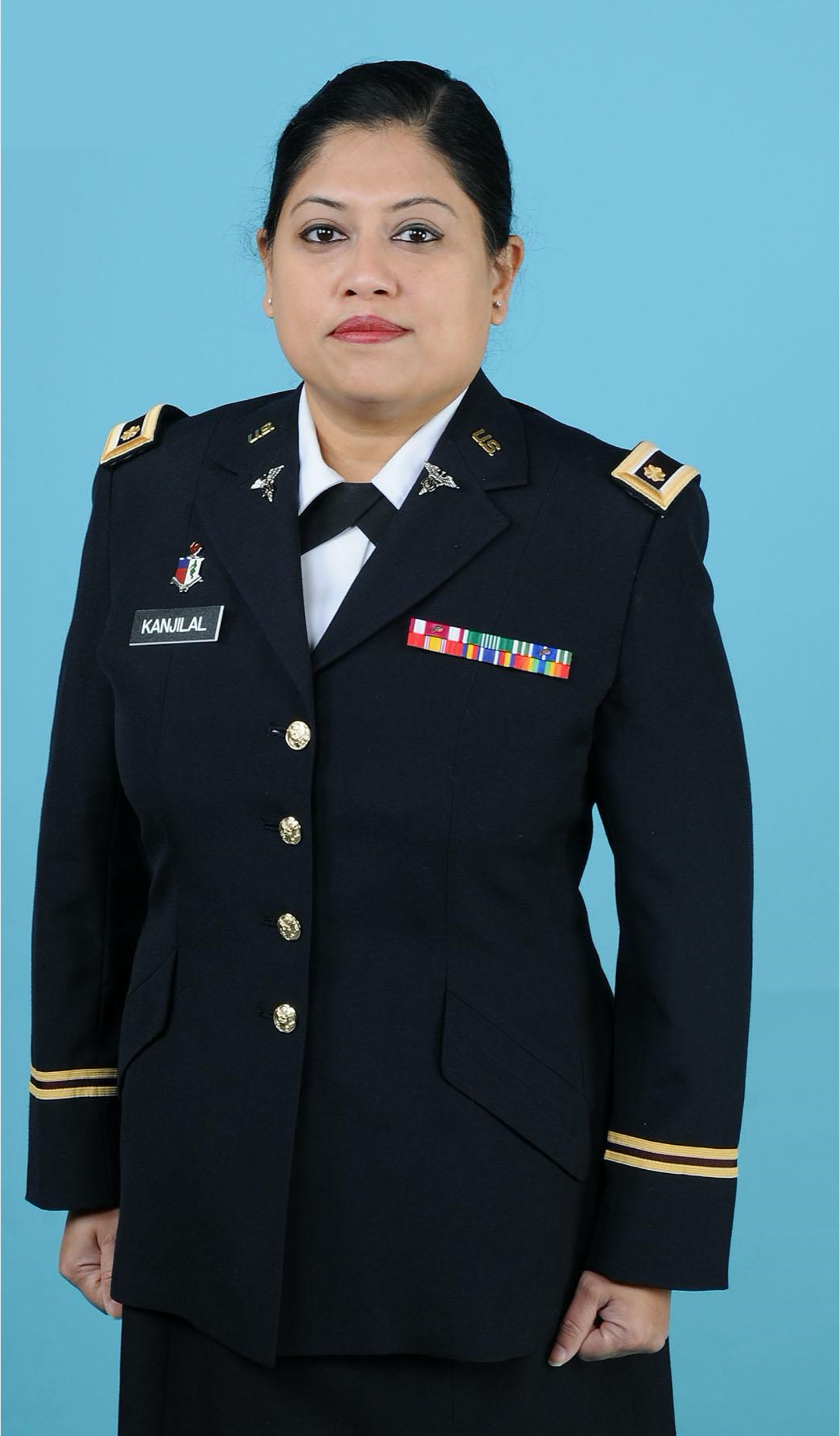 Title: Chief, Regulatory Project Manager, MHRP
Title: Chief, Regulatory Project Manager, MHRP
Question: What inspired you to pursue a career in science?
Answer: For as long as I can remember, I have been fascinated by science, nature, the human body, and the human mind. I was always a curious kid and often asked myself, “Why does something happen in this or that way?” I always wanted to get to the bottom of things. My passion for science and the practice of medicinal research goes far way back to my childhood days someone I knew suffered from chronic mental health issues. Although I didn’t understand everything at that young age, I wanted to figure out what chemical imbalances cause mental health problems. This paved the way for the steps I took to build my knowledge in Chemistry and Biochemistry, which led to a career in neuroscience and Biochemical Research. My doctoral thesis was on my graduate school and post-doctoral research was on the regulation of biochemical and electrical signaling in mouse prefrontal cortex following the treatment with antipsychotic drugs. Later on, I did postdoctoral research on Spinal cord injury.
I always wanted to pursue research, preferably in an interdisciplinary field, I but also wanted to be in a profession where I will directly impact people’s lives. Therefore, I decided to join the U.S. Army to serve my country and work for an organization that is highly committed to helping people.

Q: What advice do you have for younger girls who want to pursue research careers?
A: Every young girl interested in science should believe in herself: If you are passionate about science, you should pursue your dreams. As a little girl growing up in 1980s India, I had to break gender stereotypes. I was very lucky to have parents, specifically a mother, who was supportive of my scientific abilities and my desire to study science from a young age. Coming from a third-world country gave me a strong inner drive to succeed and do something better not only for myself but for my country and my people -- a drive that led me to the positions I've held, and currently hold. Without being conscious of it, I struggled with imposter syndrome, a true concept experienced by so many underrepresented populations in the STEM field.
Q: What kind of projects are you currently working on?
A: I am currently serving as the Chief Regulatory Project Manager in the Military HIV Research Program at the Walter Reed Army Institute of Research (WRAIR) providing project management and regulatory support. As a regulatory PM, I support interactions and management activities with Military Infectious Disease Research Program (MIDRP), track progress and funding of the HIV program, and assess vaccine and other product development needs. I also collect qualitative and quantitative data to assess research plans, activities, and accomplishments to develop recommendations for the MHRP Director and the Capability Area Manager (CAM).
Q: What is your background prior to joining MHRP?
A: Throughout my 12-year military career, I have had a diversity of assignments, including Chief/Deputy Director of Medical Research and Public Health laboratories, medical product manager, and nonclinical reviewer at FDA. I managed the largest Division in DOD’s chemical defense laboratory with multimillion dollars of funding from DTRA, NIH, and BARDA. In my next assignment, I managed numerous water and tick testing laboratories in support of the Public Health Center’s Bio-surveillance mission. I served as a product manager for multiple projects including the Dengue vaccine development program within the Pharmaceutical Systems PMO and a medical diagnostic project for Traumatic Brain Injury Biomarker supporting the Neuro-trauma and Psychological Health PMO of the U.S. Army Medical Material Development Activity.

In 2018 I was board-selected for the Long Term Health Education fellowship at Food and Drug Administration. During my fellowship, I worked as a non-clinical reviewer in the Division of Psychiatry Products (DPP) in the CDER, where I reviewed the preclinical pharmacological and toxicological aspects of four Investigational Drug Applications (INDs) and two New Drug Applications (NDAs). One of the NDAs I reviewed received approval in January 2019 as the first-ever rapid-acting antidepressant medication (Spravato), offering relief to millions of people, including our military service members suffering from treatment-resistant depression.
